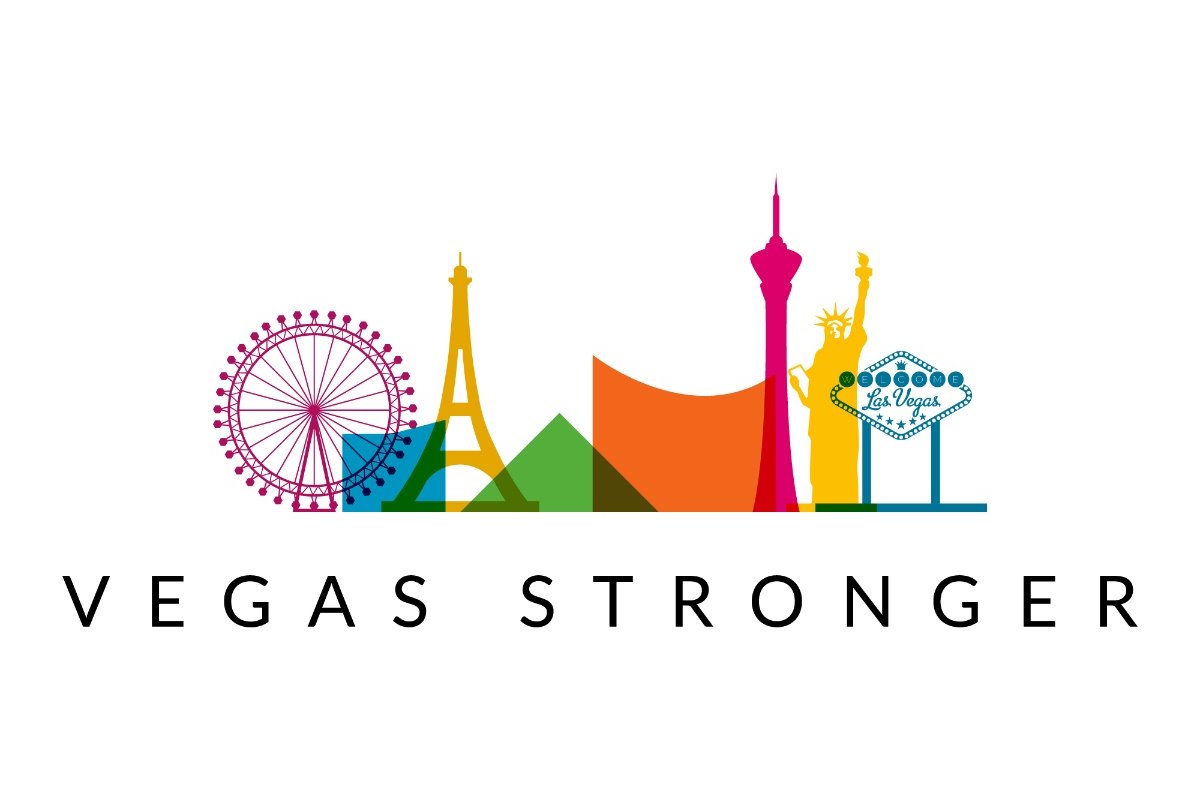The third annual Engagement in the Black Community: A Virtual NAADAC Summit took place on February 9-10, 2023.
Although attitudes are slowly changing, stigma continues to create a significant barrier to mental health treatment. According to Mental Health America, more than half of the people who reported experiencing mental health problems in 2020 did not receive treatment.[1] Additionally, the BCBS Health Index indicated that major depression and anxiety are underdiagnosed at rates of 32-40 percent less in Black and Hispanic/Latino communities.[2] While the reasons for this may vary, the American Psychological Association says that lower diagnosis rates are likely driven by lack of provider understanding of cultural differences, stigma and barriers to getting care such as socioeconomic disparities and provider bias / inequality of care.
In the Black community in particular, stigma can be pervasive. Research has shown Black adults were more likely than White adults to report feelings of sadness and hopelessness, but only one in three Black adults who need mental health care receive it.[3] According to one study, 63% of Black people in the United States believe that a mental health condition is a sign of personal weakness.[4] It has also been associated with a lack of faith or spirituality.
Discussing mental health can be very challenging for many in the Black community. The fear of being unfairly judged or discriminated against creates a barrier to receiving mental health treatment and can severely impact a person’s life. Working to reduce stigma can help increase access to mental healthcare.
Normalize talking openly about mental health. There is strong evidence suggesting that communication with individuals with lived experience with mental health challenges works to reduce stigma.[5] Speaking openly about mental health struggles can help someone who is struggling identify resources and find the courage to seek treatment.
Educate to reduce misperceptions. Take an active role in responding to negative comments and misperceptions with facts and honesty about lived experience. Maintaining consciousness of the language you use is also critical to battling stigma. Communicate with facts and empathy and demonstrate compassion for those who are struggling.
Speak about behavioral health disorders the same way you would about physical health problems. Speaking about mental health challenges as you would physical problems such as cancer or heart disease helps to normalize a sensitive topic and bring about greater acceptance.
Work to eradicate shame by promoting empowerment. Become a safe space for those who wish to tell their story about their mental health challenges and encourage them to speak openly from a place of empowerment. If you’re the one with a story to tell, own it. Your honesty may be a life saver for someone else.
Refrain from self-stigma. In 2020 one in five adults in the United States reported experiencing a mental illness and more than 12 million had serious thoughts of suicide.[6] If you’re one of the millions who suffer from a mental health challenge, you’re not alone. Reminding yourself of this fact can help you avoid self-stigmatization.
Seek treatment and encourage others to do the same. Beacon offers a safe and open space for anyone to seek mental health and emotional support services. We are actively working to integrate our efforts to align social factors that are symbiotic with mental health and emotional support to ensure a comprehensive level of care for all people. This includes continuing to establish a representative network of culturally competent practitioners.
If you or someone you care about is struggling with mental or emotional burdens, do not hesitate to call us at 702-202-6647 or National Suicide Prevention Lifeline Hours at 800-273-8255.
For more information on mental health and where to find resources, you can visit online at the National Alliance on Mental Illness, https://blackmentalhealth.com or https://nami.org/Your-Journey/Identity-and-Cultural-Dimensions/Black-African-American .
As we roll into Black History Month, we should remember that seeking help is not a weakness. Research has shown Black adults were more likely than white adults to report feelings of sadness and hopelessness, but only one in three Black adults who need mental health care receive it because of lack of access to treatment, self-stigma, and other factors.
Our founder and CEO, Dave Marlon, attended the National Association for Addiction Professional’s Engagement in the Black Community Summit to promote mental health in the Black community and ensure everyone in Southern Nevada knows they have an easily accessible pathway to treatment—no matter their skin color or economic class or any other factor.
This February, you can help by making a commitment to talking about mental health and diminishing the stigma associated with seeking help for mental health issues and talking about them the same way you would physical health disorders - make sure to refrain from self-stigma. This will go a long way to reducing the stigma that is keeping so many people from seeking help from which they would truly benefit.





